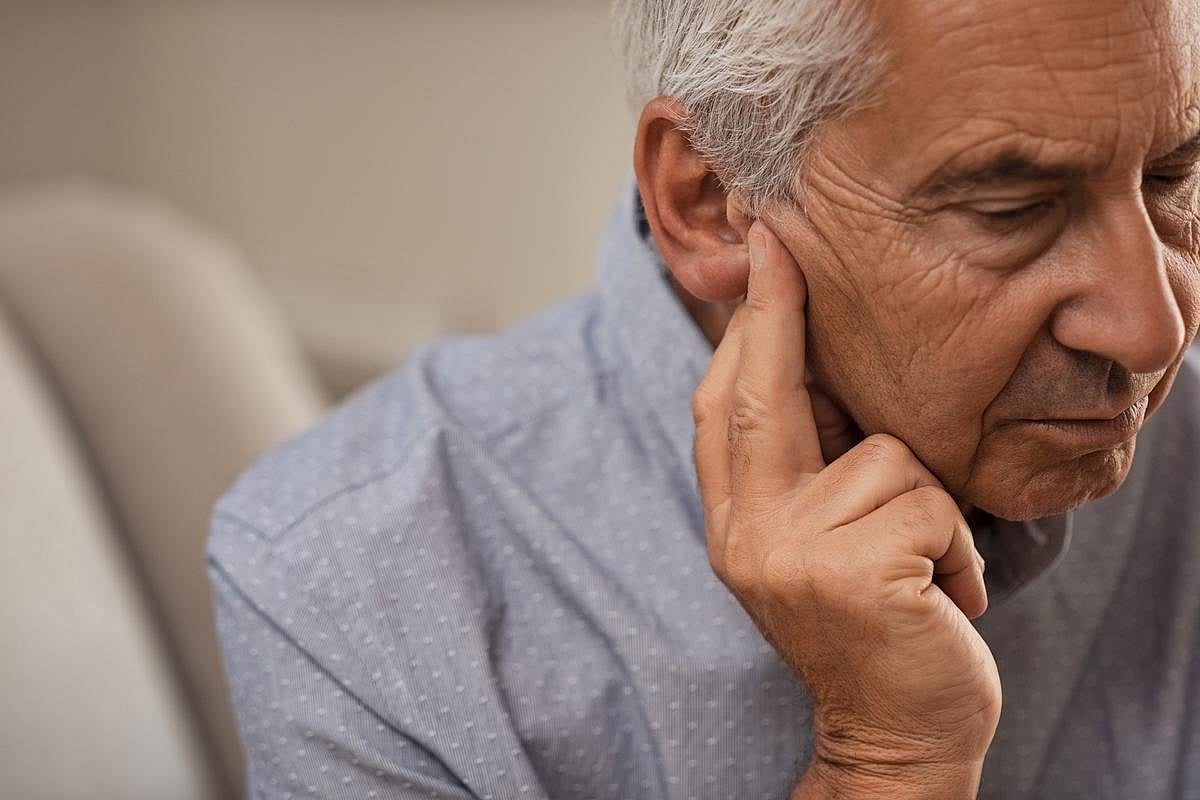Get Healthy!

- Carole Tanzer Miller
- Posted October 4, 2024
Hearing Loss Can Raise Risks for Cognitive Decline
A new, large study from France underscores the link between adult hearing loss and dementia.
"Given the major burden of cognitive decline and the absence of curative treatment, identifying modifiable risk factors is of importance," a team led by Dr. Baptiste Grenier, of the Université Paris Cité, wrote Oct. 1 in the journal JAMA Network Open.
They said thinking skills may decline not only because people with hearing loss become socially isolated but also because they go for a long periods without auditory input.
In addition, hearing loss is linked to loss of volume in critical areas of the brain.
Even so, researchers said hearing aids for patients with disabling hearing loss should be prescribed based on potential benefit to quality of life and not to ease cognitive decline. For that, they wrote, more research is needed.
For the study, Grenier's team analyzed data from more than 62,000 people in France (average age: 57) recruited between January 2012 and December 2020. Participants age 45 and older underwent cognitive testing at the outset.
In all, 49% had normal hearing; 38% had mild hearing loss; and 10% had disabling hearing loss but did not use a hearing aid; 3% wore a hearing aid.
Participants took both hearing and cognitive tests.
In all, 27% of participants with mild hearing loss and 37% with disabling hearing loss had cognitive scores indicative of impairment. That compared to 16% of participants whose hearing was normal.
Researchers found no meaningful difference in the risk of cognitive impairment between individuals with disabling hearing loss who wore a hearing aid and those who did not.
A related analysis suggested that hearing aids may reduce the risk of cognitive impairment in people who have disabling hearing loss as well as depression.
More information
The Hearing Health Foundation has more about hearing loss.
SOURCE: American Psychiatric Association, news release, Oct. 2, 2024







